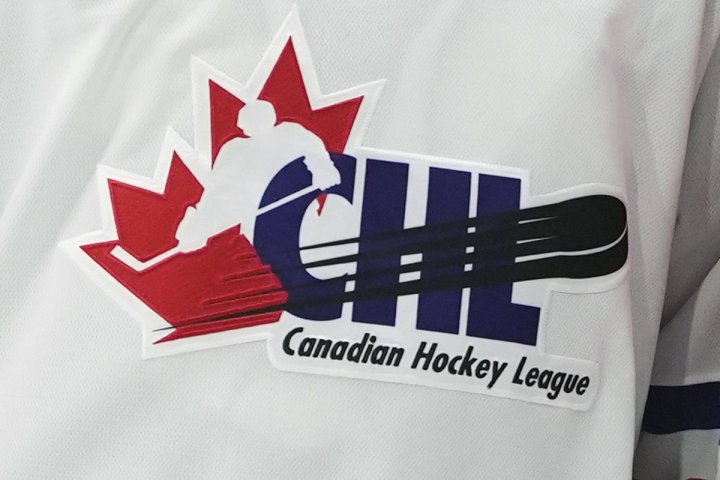
Title: Allegations of U.S. Antitrust Law Violations Against Major Junior Hockey Leagues
Introduction:
In recent years, major junior hockey leagues in the United States have come under scrutiny for their alleged violations of U.S. antitrust law. A class-action lawsuit has been filed against these leagues, accusing them of engaging in anti-competitive practices that restrict player mobility and suppress wages. This article aims to provide an overview of the allegations, the potential consequences, and the implications for the future of junior hockey in the U.S.
Background:
Major junior hockey leagues, such as the Ontario Hockey League (OHL), Western Hockey League (WHL), and Quebec Major Junior Hockey League (QMJHL), serve as a crucial stepping stone for aspiring young players hoping to make it to the National Hockey League (NHL). These leagues provide a platform for players aged 16 to 20 to showcase their skills and develop their talent.
Allegations:
The class-action lawsuit alleges that the major junior hockey leagues have conspired to suppress wages by imposing strict limits on player compensation. Players in these leagues are typically paid a minimal stipend, often below minimum wage, despite the significant revenues generated by teams through ticket sales, merchandise, and broadcasting rights. The lawsuit argues that this practice violates U.S. antitrust laws by restraining competition and artificially depressing player salaries.
Furthermore, the lawsuit claims that the leagues have implemented policies that restrict player mobility. These policies include the “import rule,” which limits the number of non-North American players on each team, and the “education package,” which requires players to forfeit their college eligibility if they accept scholarships during their junior hockey careers. These restrictions allegedly prevent players from exploring alternative development paths and negotiating better contracts.
Potential Consequences:
If the allegations are proven true, major junior hockey leagues could face severe consequences. Violations of U.S. antitrust laws can result in significant financial penalties, potentially leading to substantial damages being awarded to the affected players. Moreover, the leagues may be required to modify their policies and practices to comply with antitrust regulations, leading to a significant shift in the landscape of junior hockey.
Implications for Junior Hockey:
The outcome of this lawsuit could have far-reaching implications for the future of junior hockey in the U.S. If the leagues are found guilty of antitrust violations, it may prompt a reevaluation of the current system. This could lead to increased player compensation, improved working conditions, and enhanced opportunities for player development.
Additionally, the lawsuit may prompt discussions about potential reforms to the import rule and education package. Critics argue that these policies limit players’ choices and hinder their ability to pursue alternative paths, such as college hockey. A successful lawsuit could potentially result in more flexible regulations that allow players to explore different avenues for their development.
Conclusion:
The class-action lawsuit against major junior hockey leagues alleging violations of U.S. antitrust law has brought attention to the practices and policies within these leagues. If proven true, the consequences could be significant, potentially leading to financial penalties, changes in player compensation, and reforms to restrictive policies. The outcome of this lawsuit will undoubtedly shape the future of junior hockey in the United States, potentially leading to a more equitable and player-centric system.

